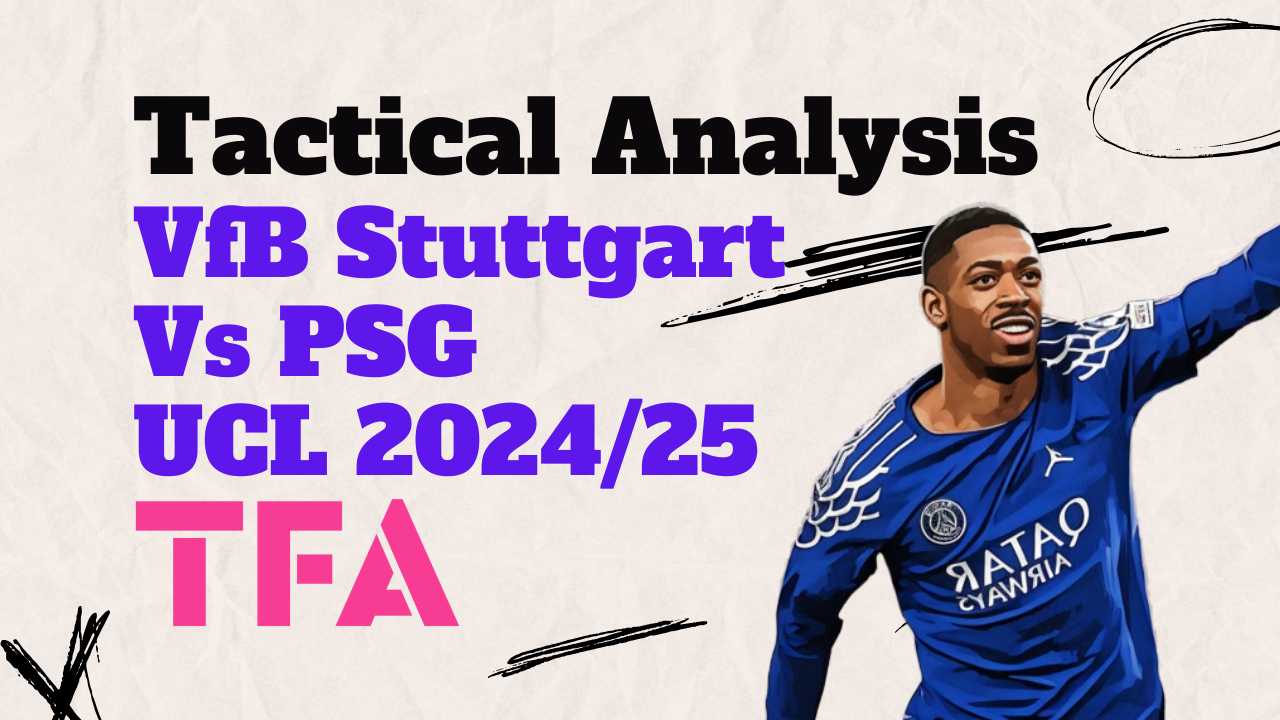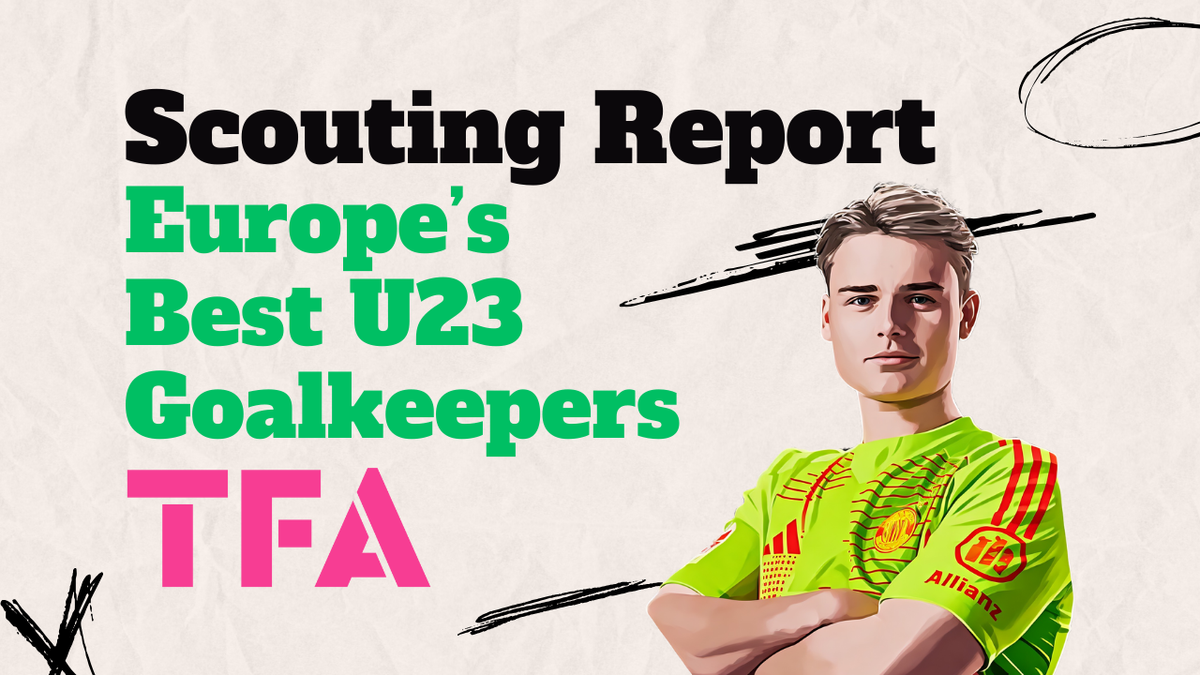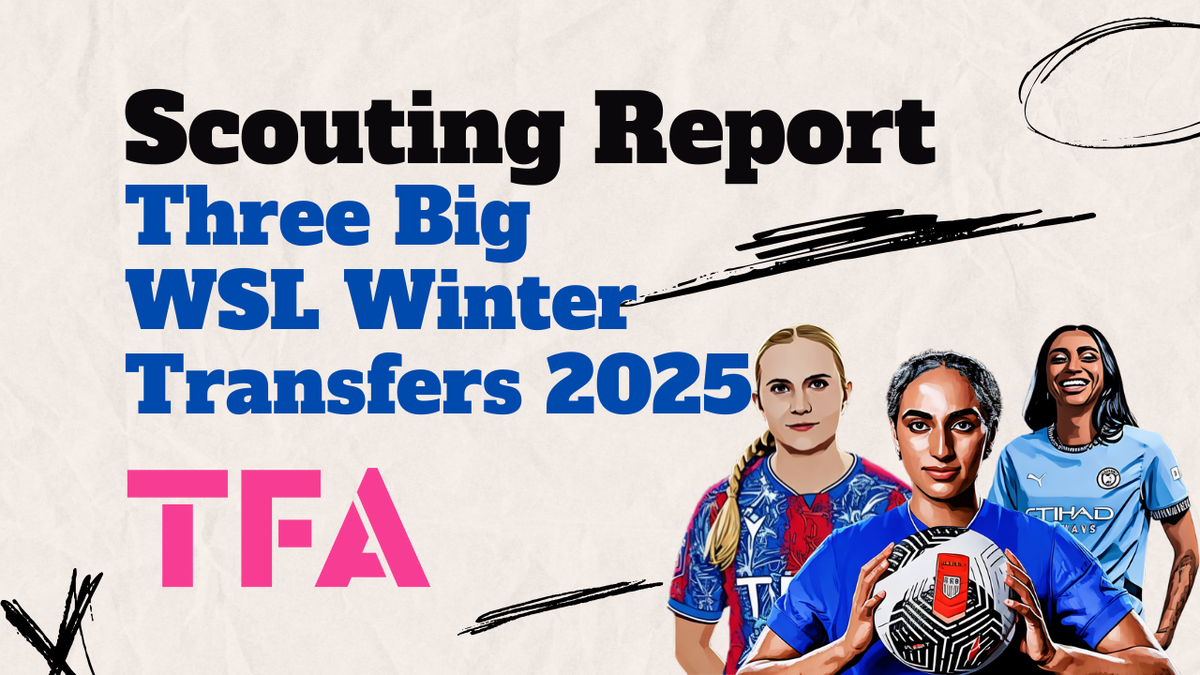Brexit means English football will start a deep change, starting with the signings its clubs will be able to make from January 1st 2021. To this date, any player with an EU passport automatically got a work permit, so European leagues were the main foreign market from where English clubs could sign players. With the new rules, being an EU national doesn’t mean anything and getting a work permit will depend more on the quality of the league, the team and the player itself.
The FA has designed a point system which will allow foreign players to get a work permit or not depending on their achievements, statistics and the level they’re playing in. For a player to qualify for a work permit, he should get 15 points in the newly designated system. Points are awarded following these criteria:
- International appearances (24 months): 0-10 points (or even auto pass)
- Domestic minutes (12 months): 0-12 points
- Continental minutes (12 months): 0-10 points
- Final league position of last club: 0-6 points
- Continental progression: 0-10 points
- League Quality: 0-12 points
- Youth players: first-team debut (1-6 points), youth domestic competition final position (0-3 points), youth continental competition progression (0-5 points), player’s current club (2-11 points).
It’s not the goal of this analysis to go in-depth into the exact number of points a player can get in each situation. Here we’ll provide examples to understand the kind of signings English clubs will be able to make from now on and which ones will become more difficult.
In this data analysis, we’ll provide examples of some Premier League transfers that and how they would have been affected by the new regulation, but we can still mention some general ideas about signings that won’t be affected. Players coming from Europe’s top five leagues automatically get 12 points from the ‘League Quality’ criteria, so they are very close to the 15 points mark and usually get there. Other easy ways of getting many points are participating in the UEFA Champions League or Copa Libertadores or playing a significant amount of minutes in the national team, with the later criteria being the only one that can grant a work permit by itself.
Some curious cases and variations are presented in the examples below:
Joël Veltman – 28 years old, Ajax to Brighton
Veltman signed for Brighton Hove & Albion last summer from Ajax for one million euros. The Dutch international defender was aged 28 at the moment of the transfer and had spent all his career at Ajax. Obviously, youth regulations don’t apply for this transfer.
First, we’ll look at Veltman’s international appearances in the 24 months before the transfer. Veltman was available for 10 official Netherlands matches in this period as he missed four of them with an injury and those aren’t counted when calculating the percentage. From those 10 matches, Veltman participated in three which is 30%. In the aggregated FIFA ranking for the 24-month period provided by The FA, the Netherlands ranked 15th in July, so Veltman doesn’t get the auto pass but gets 10 points instead. Had his national team been in the top 10 of the ranking or the percentage of matches he had played in been 40% or higher (one more match in this case), Veltman would have got his work permit automatically.
International appearances: 10 points
Next, we’ll see the percentage of domestic minutes played in the previous 12 months. Veltman missed five games out of the 26 that were played in the Eredivisie before the pandemics caused the suspension of the league. In the 21 matches he was available for, Veltman played 87.4% of the minutes. With the Eredivisie being a Band 2 (second category) league, this percentage gives him 9 points. At this point, Veltman would have already got his work permit, but we’ll still see the rest of the criteria.
Domestic minutes: 9 points
When we jump to the continental minutes in the previous 12 months, we first see his minutes were all in the UEFA Champions League, which is, of course, a Band 1 competition. He played 95.1% of the minutes he was available in, so he gets the maximum points from this section (10 points).
Continental minutes: 10 points
Final league position is the next section. Even if there wasn’t an official winner for the 2019/20 Eredivisie, The FA considers the table after the last match was played. Ajax were first in the league, which for a Band 2 league grants 5 points to their players. In the Eredivisie, any team that qualifies for continental competition, even if it’s for the qualifiers, gets points in this section but this is not the case in leagues in lower categories.
Final league position: 5 points
Ajax reached the group stage of the UCL but didn’t progress further and finished third. In the Europa League, they lost against Getafe in the round of 32. When this happens, the players are granted the maximum points between the two options. In this case, reaching the group stage of a Band 1 continental competition as the UCL means the player gets 5 points while reaching the round of 32 of a Band 2 competition as the Europa League means just 3 points, so Veltman gets 5.
Continental progression: 5 points
Lastly, the remaining section is the league quality one. This is one of the sections that make it easier for the players in good leagues to get a work permit. Any player in a Band 2 league gets 10 points if he plays at least 1% of the domestic minutes, so they would normally get the remaining 5 points from the rest of the criteria quite easily. Every lower Band gets 2 points less until Band 6 (any league not included in the previous five categories), which grants 2 points for their players.
League quality: 10 points
We’ve seen that Veltman would have easily got his work permit, but this example is very useful to understand where players can get points from. Players from good leagues, even outside the top-5, who play a decent percentage of the domestic minutes would get their permit easily. If we add some national team appearances, playing continental competitions or finishing in a good position in the league, players from Band 2 leagues (the Portuguese Primeira Liga, Eredivisie, Belgian First Division A, the Turkish Super Lig and the English Championship) shouldn’t face many problems to sign for English clubs.
Total: 49 points – a work permit would’ve been granted
Manuel Lanzini – 22 years old, Al Jazzira to West Ham
In this second case, we’ll see an unusual but very interesting transfer. Lanzini signed for West Ham when he wasn’t a youth player anymore (he was over 21 years old) and came from a minor league as the United Arab Emirates Gulf League. At the moment he didn’t need a work permit because he holds an Italian passport, but let’s see how the new regulations would have affected the 12-million-euros move.
At the moment of the transfer, Lanzini hadn’t made his senior national team debut, so he obviously gets 0 points from there.
International appearances: 0 points
Moving into his club appearances in the previous 12 months, Lanzini played 90.6% of the minutes in the UAE Gulf League, which would have granted him the maximum points for a Band 6 competition: 2 points. If his percentage was between 80-89%, then he would have only got 1 point. And with the same percentage in a Band 5 league (the Serbian SuperLiga, the Danish Superliga, the Polish Ekstraklasa, the Slovenian PrvaLiga, the Chilean Primera División, the Uruguayan Primera División or the Chinese Super League), Lanzini would have doubled his points and got 4.
Domestic minutes: 2 points
Next part is the continental minutes in the previous 12 months. The AFC Champions League is a Band 3 continental competition, which is the lowest category. Al Jazzira only played one continental game while Lanzini was there and he played the 90 minutes, so the percentage is 100%. However, given the low level of the competitions, this only gives him 2 points. The same percentage in a Band 2 continental competition (Europa League or Copa Sudamericana) would have increased the points to 5.
Continental minutes: 2 points
Despite having Lanzini as one of the best players in the league, Al Jazzira finished the season in the second position behind Asamoah Gyan’s Al Ain. In a Band 6 league, only the winner gets 1 point so Lanzini wouldn’t have got any points from this criteria again.
Final league position: 0 points
In the last criteria, Lanzini would have needed at least 11 points to qualify for a work permit, but the maximum awarded is 10 for reaching the UCL or Copa Libertadores final. Apart from that, Al JAzzira were knocked out of the AFC Champions League before the group stage, so he gets 0 points. He would have needed to teach the semifinals at least to get any points.
Continental progression: 0 points
After going through all the criteria, Lanzini wouldn’t have got a work permit with the new rules. West Ham would have had to go to an Exception Panel and convince the members to get the work permit, but that isn’t always possible and the transfer wouldn’t have been as straight-forward as it was at the moment.
This case is useful to assess players who are outside the best leagues in the world and have similar data. From now on, these leagues will surely lose their importance for English clubs’ scouting departments as getting players from there will be very difficult. Players and agents will also need to be aware of this when choosing their career paths as jumping from these leagues to English football will be almost impossible.
Total: 6 points – a work permit wouldn’t have been conceded unless an Exception Panel had decided otherwise
Gabriel Martinelli – 18 years old, Ituano to Arsenal
This time we’ll check a youth signing to see how that affects the points system. When he signed for Arsenal, Martinelli was 18 years old and the criteria for this age is different. The Brazilian wonderkid holds an Italian passport so didn’t need to apply for a work permit when the Gunners paid 6.7 million euros to Ituano for him in 2019, but after Brexit EU passports no longer grant the right to work in the United Kingdom.
The first part of the process for youth players is their first-team debut. Under-21 players who have made their first-team debut are automatically awarded points depending on the level of their team. In the case of Martinelli, he played for Brazilian Serie D club Ituano’s first team, so he gets minimum points here. Players in a top-5 league would get up to 6 points in this regard.
First-team debut: 1 point
Martinelli never played for a Brazilian national team before signing for Arsenal, so he gets 0 points in this regard. Had he made his debut in any youth national team, he would have gotten 5 points, and if he played more than 30% of the matches, then he would have gotten 7 points.
Youth international appearances: 0 points
Ituano didn’t participate in any international competition and being from a Band 6 league means their players would only get points if they won the league or got promoted, which wasn’t the case for them. So Martinelli doesn’t get any points in these two parts.
Final league position and continental progression: 0 points
Martinelli’s last chance to get points would have been the quality of the league he played in. Being in the Brazilian fourth division, Martinelli gets the minimum of 2 points again. As a comparison, being at a top-5 league would have gotten him 11 points.
League quality: 2 points
This is a very interesting case. Martinelli was a fantastic find by Arsenal’s scouting department and his Italian passport meant he didn’t need to apply for a work permit. But with the new regulations, a transfer like this one wouldn’t be possible as Martinelli was playing at a very low level and didn’t have any international experience.
On the other side, from this example, we also learn that signing under-21 players from good leagues will be quite easy in the future. A youth player who has made his debut in one of these leagues automatically gets 17 points and those in a Band 2 league get 14, so any other point also grants them the work permit. Also, youth international appearances grant at least 5 points, a third of the required number.
Total: 3 points – a work permit wouldn’t have been conceded unless an Exception Panel had decided otherwise
Riyad Mahrez, 23 years old – Le Havre to Leicester City
Next, we’ll analyze Mahrez signing for Leicester City back in January 2014. At the moment, Mahrez was 23 years old and Leicester were in the Championship. They only paid €500,000 for the Argelian winger, and he went on to become one of the Premier League winning team best players before signing for Manchester City in 2018 for 68 million euros. Mahrez played for French Ligue 2 Le Havre at the moment of the signing.
Same as some of the previous signings we have analyzed, Mahrez didn’t need a work permit because he holds a French passport, but that wouldn’t mean anything with the new rules and he would need to go through all the criteria and try to get the required 15 points.
Before signing for Leicester, Mahrez hadn’t made any international appearances. His debut with Argelia came in May 2014, so he gets 0 points in this section.
International appearances: 0 points
Next up is the domestic minutes’ section. In the 12 months previous to the signing, Mahrez had played 77% of the minutes he was available for Le Havre in the Ligue 2. Same as the Spanish and German second divisions among others, the Ligue 2 is a Band 4 league, so the maximum points Mahrez could’ve got were 6, but with his data, he would have only got 4.
Domestic minutes: 4 points
Logically, Le Havre didn’t play any international competition as they weren’t even in a first division league, so Mahrez gets 0 points in this part.
Continental minutes: 0 points
Those players not playing in a first division league can only get points from their team’s final position if they win their league or get promoted. That was not the case for Le Havre, who had finished 6th in the Ligue 2 the summer before the transfer was completed.
Final league position: 0 points
Again, no continental competition means no points.
Continental progression: 0 points
Players in any team of a Band 4 league automatically get 6 points as Mahrez would have got. Second divisions are usually Band 6 leagues except for the French, Spanish and German which are Band 4 and the English Championship which is Band 2.
League quality: 6. points
Counting all criteria, Mahrez would have got 10 points, which is just two-thirds of the required. Even if he had been playing for Algeria, he would have struggled to qualify for a work permit as they are in the 53rd position in the last published ranking. In a slightly better position (31-50th) he would have needed at least 30% of the matches in the previous 24 months to get 6 points.
In this example, we see how challenging it will be to sign senior players from very good second divisions. Players will be required to play almost every minute and have some international experience, otherwise, it will be impossible to reach the required points.
Total: 10 points – a work permit wouldn’t have been conceded unless an Exception Panel had decided otherwise.
Virgil Van Dijk, 24 years old – Celtic to Southampton
When Van Dijk signed for Southampton from Celtic in 2015, very few would have thought he would become one of the best centre-backs in the world. Despite being an important player for the Scottish giants, the Dutch defender was 24 years old at the moment and his career hadn’t been as quick as others’. Southampton paid 16 million euros for him and sold him to Liverpool 30 months later for 85 million.
When he signed for the Saints, Van Dijk hadn’t made his international debut with the Netherlands, so he wouldn’t have got any points from there. He made his full debut one month after the transfer and has become the leader and arguably the best player in his country.
International appearances: 0 points
When looking at the domestic minutes, Van Dijk was a key player for Celtic and he played every minute he was available for Celtic in the previous 12 months. The Scottish Premiership is a Band 3 league like the Russian Premier League, Campeonato Brasileiro Série A, Primera División of Argentina or Liga MX. Playing over 90% of the minutes in a Band 3 league gives a player 8 points.
Domestic minutes: 8 points
With Celtic, Van Dijk played in the Europa League, which is a Band 2 Continental Competition. Again, he was a key player and played 92.5% of the minutes, which grants him 5 points. The same percentage in the Champions League would have meant 10 points.
Continental minutes: 5 points
Playing for Celtic back in the day meant winning the league. Van Dijk won the league every season he was at Celtic and as a Band 3 league, that means he gets 4 points. Winning the Scottish Premiership would grant the same points as qualifying for group stages of a Band 1 Continental Competition (Copa Libertadores or Champions League) from a Band 2 league or qualifying for qualifiers of a Band 1 Continental Competition from a Band 1 league.
Final league position: 4 points
In Van Dijk’s last season at Celtic, they reached the Round of 32 in the Europa League. That adds another 3 points to his final score. Each extra round from there would add an extra point until a maximum of 7 points for reaching a Band 2 Continental Competition final. In Band 1 competitions, the group stage gives 5 points and every extra round adds a point until reaching the 10 points awarded for reaching the final.
Continental progression: 3 points
Lastly, the Scottish Premiership as a Band 3 league allows its players to automatically get 8 points, which is more than half of the required for a work permit.
League quality: 8 points
Van Dijk would have got a total of 28 points, so he would have received his work permit. In the future, signing players from Band 3 leagues should be quite easy as they automatically get 8 points. In fact, any player from a Band 3 league who has played at least 40% of the available minutes automatically gets 15 points. This opens the doors for players in leagues that were very difficult to get players from in the past such as the Russian Premier League, Campeonato Brasileiro Série A, Primera División of Argentina or Liga MX. These leagues will become a very important part of the scouting strategy of English clubs with the new rules.
Total: 28 points – a work permit would’ve been granted
Conclusion
There are infinite examples of how players can get 15 points and very different forms of achieving that. In this analysis, we focused on some well-known examples of previous transfers to see which kind of transfers will be more or less possible to make in the future with the new rules.
The most benefited leagues regarding their ability to sell players to English clubs are the non-EU ones. Before only players who regularly played with their national team or very expensive ones automatically got a work permit but now they have much more options. Brazilian or Argentinian first divisions are the clearest examples, with any player playing over 40% of the minutes there automatically qualifying for a work permit.
On the other side, minor European leagues will find it increasingly difficult to put their players into the English market. For example, a player in the Norwegian league (a popular market for English clubs in the past) who plays 100% of the domestic minutes would only get 3 points to form that, so he would need to play in Europe or with his national team and his team to finish in a very good position.





Comments